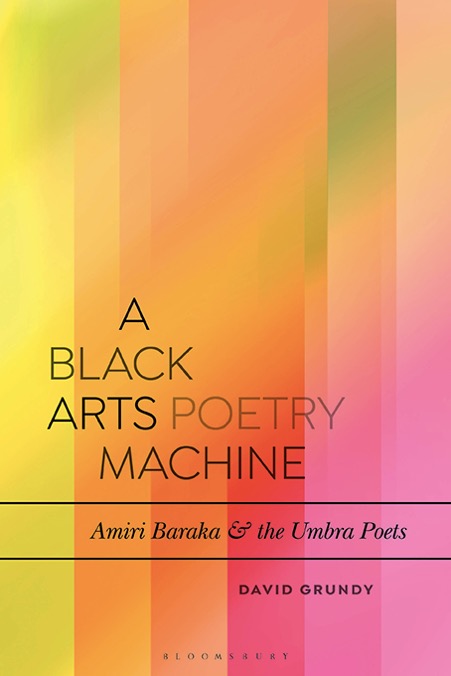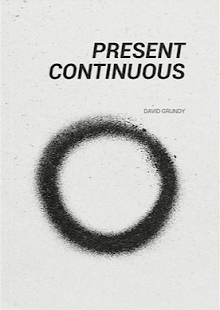Wednesday 25 September 2013
Miles Davis / Minnie Riperton
Minnie Riperton’s ‘Loving You’, as much of her output, is easy to take and thus to dismiss as an example of high kitsch. This is, of course, a conscious presentational choice – whether on the part of Riperton herself, that of her producers and arrangers, or a collaboration between the two – its roots lying in the hippie-folk-psychedelic extravaganzas of the Rotary Connection from which her voice first emerged. (The obvious visual equivalent is that album cover where Riperton sits in a throne-chair, stroking a lion, posing as possessing, but never convincingly inhabiting a Cleopatra Jones or Foxy Brown-tough identity. Though, on checking, this isn't an entirely accurate analysis, in my mind; I'd mixed up that image (the front of 'Adventures in Paradise') with the carefree, self-consciously tickled grin of 'Perfect Angel', taking that combination as representative of a self-aware participation in the absurdity of that photo-staged spectacle, the contrast and conjunction between a winning openness and an exaggerated performative play a fine equivalent to the tender heart of her lushly-orchestrated, baroque versions and visions of tenderness.) Of course, the downside of such choices, principally influenced by and highlighting the famous, or infamous, octave-spanning range of her voice (Robert Christgau christens her “Our Lady of the Five Octaves”), is that this range – in ‘Loving You’ reaching a whistle-register – come to seem a gimmick, standing in, not so much for a pitch of emotionalism that forcibly and thrillingly moves outside the usual comforts of a conventional pitch-range, but for a reduction of a moment of (frequently sexualised) climax to a near-joke stand-in, the deferral of its own personal intimacy and ecstasy, or representation of that intimacy and ecstasy, through a formal technique that acts as a kind of virtuosic parody of it.
The various takes of Miles Davis’ cover of ‘Loving You’, titled simply ‘Minnie’ and until a couple of years ago only available through the muffled sound-prism of bootlegs of ‘Unissued’ and ‘Lost’ Sessions (they're from his final recording date proper before his mid-70s retirement), tone down that baroque pitch and instead grant the song a winsome intimacy more of a piece with that brand of melancholy vulnerability with which Davis had been associated since the harmon-muted ballads of the 1950s and to which, despite the jabbing rhythmical bursts of wah-wah-pedalled aggression by which his playing had increasingly come to be characterised at this point in his career, he still occasionally returned. Davis’ direction for the melodic line of the song -- as a few years earlier on, say, his extended version of Joe Zawinul’s ‘Orange Lady’ -- finds him in general sticking to the (re-vamped) melody more than improvising away from it; melody as a site of return and echo, of a safety and a comfort that is destabilised by the very aura of familiarity that the seemingly excessive repetition would seem or seek to grant it. Yet over the course of the takes, some kind of dissonance might be said to be revealed between this delicate repetition and the rhythmic over-insistence of an often harsh, or perhaps simply harshly-recorded and mixed rhythm section, which transforms the languid groove of Riperton’s original into the more driving mode of Davis’ own brand of jazz-fusion – all biting wah-wah’d guitars, the micro-variations of Michael Henderson’s basslines, rock-solid yet constantly morphing, constantly adjusting, and Al Foster’s endless splashing, crashing drums. The almost desperate affirmation which forms the second half of the piece, in which Davis is joined by Sam Morrison's melody-doubling saxophone, only serves to emphasize the way that earlier, despite the relative, poppy smoothness of the groove, one guitar riff in particular bites under and into Davis’ line; and yet this is conceivably an effect that Davis could have been after, given his various destabilising strategies during live and studio performances from this period, in the latter case, in conjunction with, or at the instation of, his producer Teo Macero. Take, for example, the moments when a signal from the leader will count the entire band apart from the suddenly completely isolated individual line of a solo musician; the overlayering of an extremely harsh organ part made up, to a large part, of elbowed chord clusters, with a proto drum and bass rhythm line on ‘Rated X’; the construction of the first ten-minutes of the proto-ambient Ellington ode ‘He Loved Him Madly’ from a series of one-minute rehearsal fragments, a kind of un- or mis-directed extended introduction, the illusion of continuity through a fragmentation that is de-emphasized and smoothed over yet still half-registered in its studio-splicing. This latter case might be the most similar of the three to the aforementioned disjunct in ‘Minnie’; an opposition or a dissonance which cannot quite be pinned down as intentional or unintentional, that both celebrates and challenges the sentimental core of Riperton’s affecting, affected soar, Davis’ perhaps problematically-gendered oscillation or simultaneous presentation of the aggressive and the vulnerable, the wounded and the wounding, the tender balladry of a wife-beater whose playing could, seemingly without conscious irony, impersonate the plaint of an abused woman in ‘Porgy and Bess’, could (in the liner notes to ‘Quiet Nights’) be described as like that of a little boy who’s been let out and wants to be let back in, could reach depths of child-like delicacy which, from a very different plane to Riperton’s baroque sincerity, still break the heart. The poles of Riperton’s music, its representation and inhabitation of a sensuality that, for Christgau (again, in problematically gendered terms) can be seen to veer between an ‘insincere’ (“pseudopsychedelic”), “mannered abruptness” and a ‘sincere’ “over-domesticated” approach (which “at least seems real-life”), might thus be seen to be reproduced, to less exaggerated effect, in the dissonance between melody line and rhythm section on the Davis versions: the delicate reticence of Davis' playing, in a live recording of the tune almost disintegrating, completely falling apart (he was clearly sick at this stage), might be said to be the opposite of Ripperton’s melismatic-melodramatic foregrounding, but speaking its same intimate centre.
Labels:
jazz,
Miles Davis,
Minnie Riperton
Subscribe to:
Posts (Atom)



